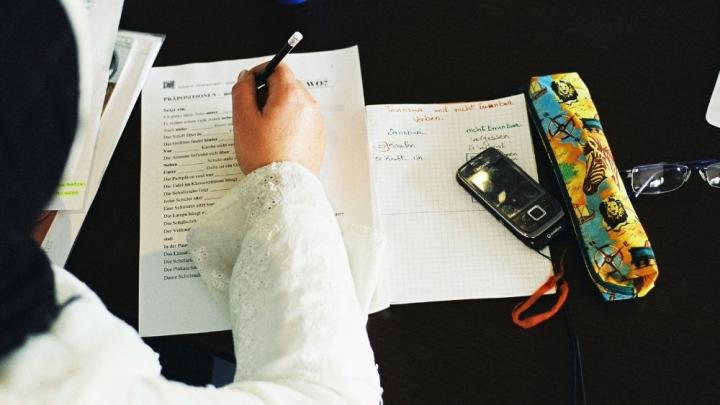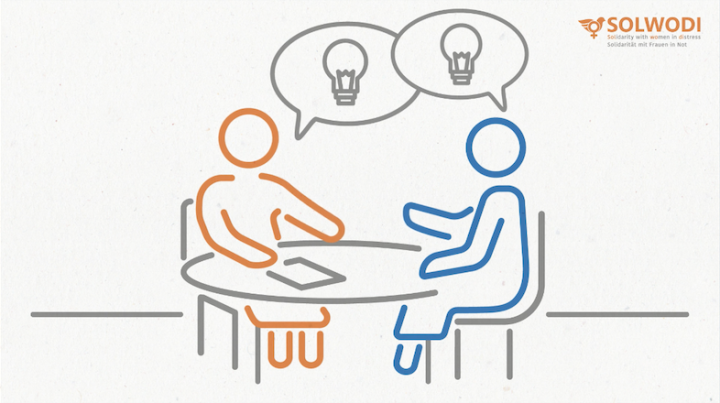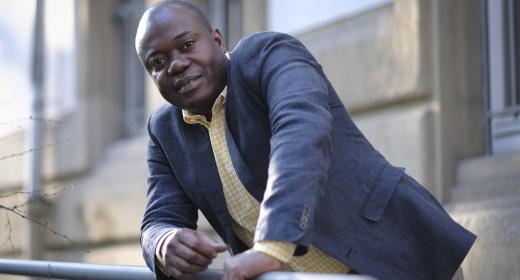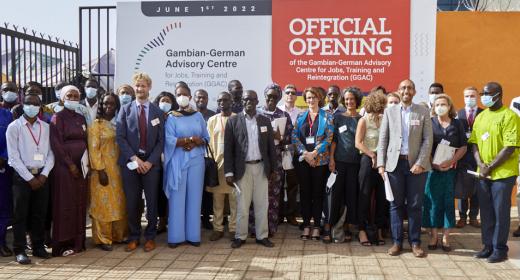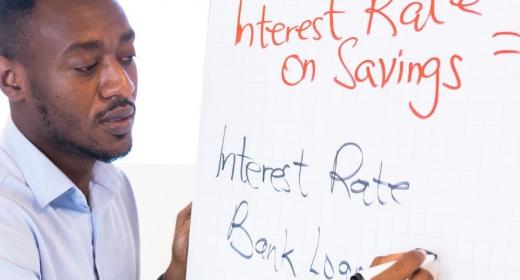Helping women in difficult situations and empowering them: that’s the goal of human rights organisation Solwodi (Solidarity with Women in Distress). Solwodi is partnered with GIZ to assist women in Germany who are thinking of returning to their home country. A two-week course prepares participants for starting their own business when they return. Social worker Antonina Reiners supports them in the process.
Ms Reiners, who attends these courses for women planning to start their own business?
The participants come from very different backgrounds. They are between 20 and 60 years old, and come from Nigeria, Albania, Kosovo and other countries. They also have varying levels of education. Some of them are illiterate, but there are also women who have been to university. Several of them are due to be deported, while others are still considering whether they want to return to their own countries. What they have in common is being either single or single parents. The training courses have been running since early 2019, and we have conducted eight of them so far. A maximum of six women may participate in each course. That enables us to give them the best possible guidance.

